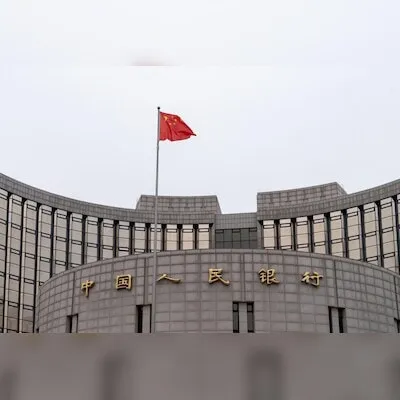Liu Jin Resigns as BOC President: Implications for the Banking Sector

Liu Jin's Sudden Resignation
On Sunday, the Bank of China (BOC) announced that Liu Jin, its Vice Chairman and President, has resigned for personal reasons, a move that took effect immediately. The board has appointed Ge Haijiao as acting president in Liu's absence. This leadership change comes at a critical time, following the resignation of former BOC Chairman Liu Liange, who faced serious allegations and was investigated.
Background on Liu Jin and Liu Liange
Liu Jin, born in 1967, took on the role of president in April 2021 after his tenure as president of China Everbright Bank. His past experience also includes significant roles at China Development Bank and the Industrial and Commercial Bank of China, the world’s largest lender by assets. The ongoing saga surrounding Liu Liange's investigation into corruption has heightened focus on leadership integrity within China's banking sector.
Implications for the Banking Industry
This recent shake-up raises questions about the stability and governance of major financial institutions in China. Analysts are closely monitoring how these changes will affect BOC's operations amid China's broader anti-corruption campaign within its $66 trillion financial industry. Investors and stakeholders are encouraged to stay alert as the situation develops.
This article was prepared using information from open sources in accordance with the principles of Ethical Policy. The editorial team is not responsible for absolute accuracy, as it relies on data from the sources referenced.